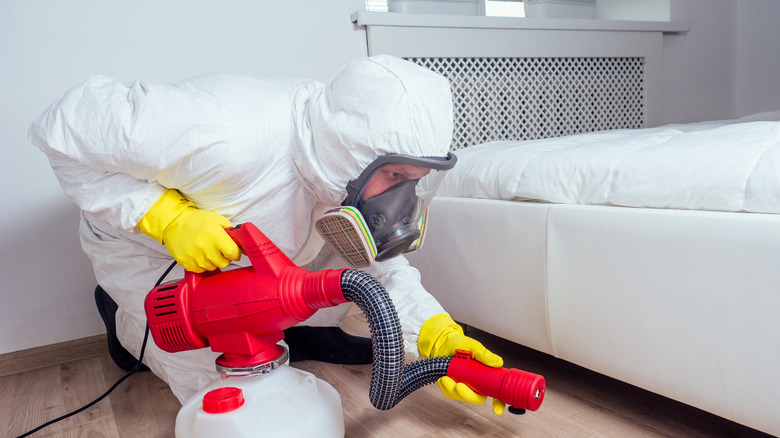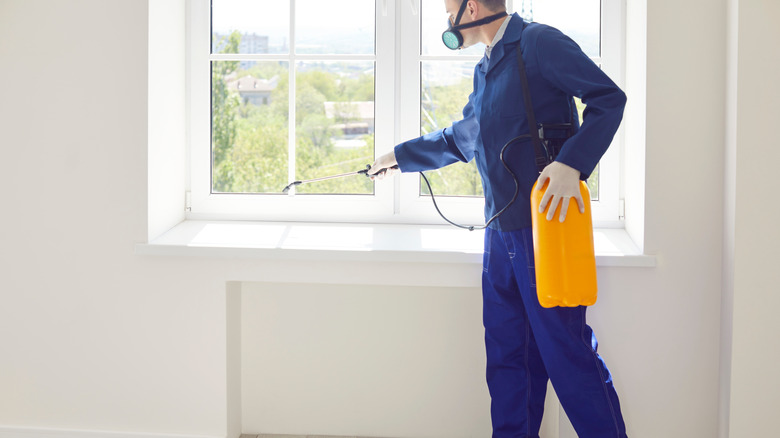Should You Be Spraying The Inside Of Your House To Manage Pests?
When you see pests or signs of pests in your home, you will want to eliminate the problem immediately. If you have thought about spraying indoors for pests, you are not alone. According to data from the Environmental Protection Agency (EPA), it is estimated that 75% of people have used indoor pesticides within the last year. Examples of these products used in the home include insecticides, as well as those to get rid of termites or rodents. While these types of products may be used occasionally when you follow manufacturer instructions, they can be dangerous if they are overused and relied on as your sole source of indoor pest management.
The potential dangers to your family's health are the biggest reasons why you should consider not using indoor pest control sprays. In fact, while the dangers of outdoor pesticides get a lot of attention, the EPA reports that about 80% of human pesticide exposure occurs in indoor settings, such as homes. Once you use pesticide in your home, the chemicals can become airborne. While scientists do not yet know what amount of these compounds may be considered as "safe" for indoors, it can be reasonable to assume that the safest amount is zero. If you decide to use pesticides inside your home, it is crucial that you follow all product instructions to minimize any possible adverse health effects for you and your family.
Why using indoor pesticides ought to be a last resort for pest management
Chemical exposure is the main reason to avoid spraying inside of your home for pests. Indoor pesticides are particularly dangerous for young children who can accidentally access and ingest the products. However, humans of all ages (as well as pets) can experience health effects from indoor pest sprays. These can include short-term effects, such as headaches and lung irritation, as well as long-term problems such as cancer, liver disease, and endocrine problems. The key is to minimize your exposure to pest control sprays as much as possible to reduce the risks. This includes reduced exposure to inhaling the products as well as accidentally touching any residues.
Another option is to contact a professional pest control company, rather than doing pest control yourself. They can help pinpoint the exact type of pest that is causing problems in your home. Additionally, a pest professional can determine whether your situation warrants the use of pest sprays inside your home, or if the problem can be managed from the outside instead. Preventive measures are also key to proper pest management, whether you occasionally use pesticide sprays or not. This includes cleaning up food and water spills, removing indoor clutter that can be used as shelter, and repairing any entry points into your home. It also does not hurt to use certain plants that work as natural pest control in your yard or garden, as well as near your home's entry points.

